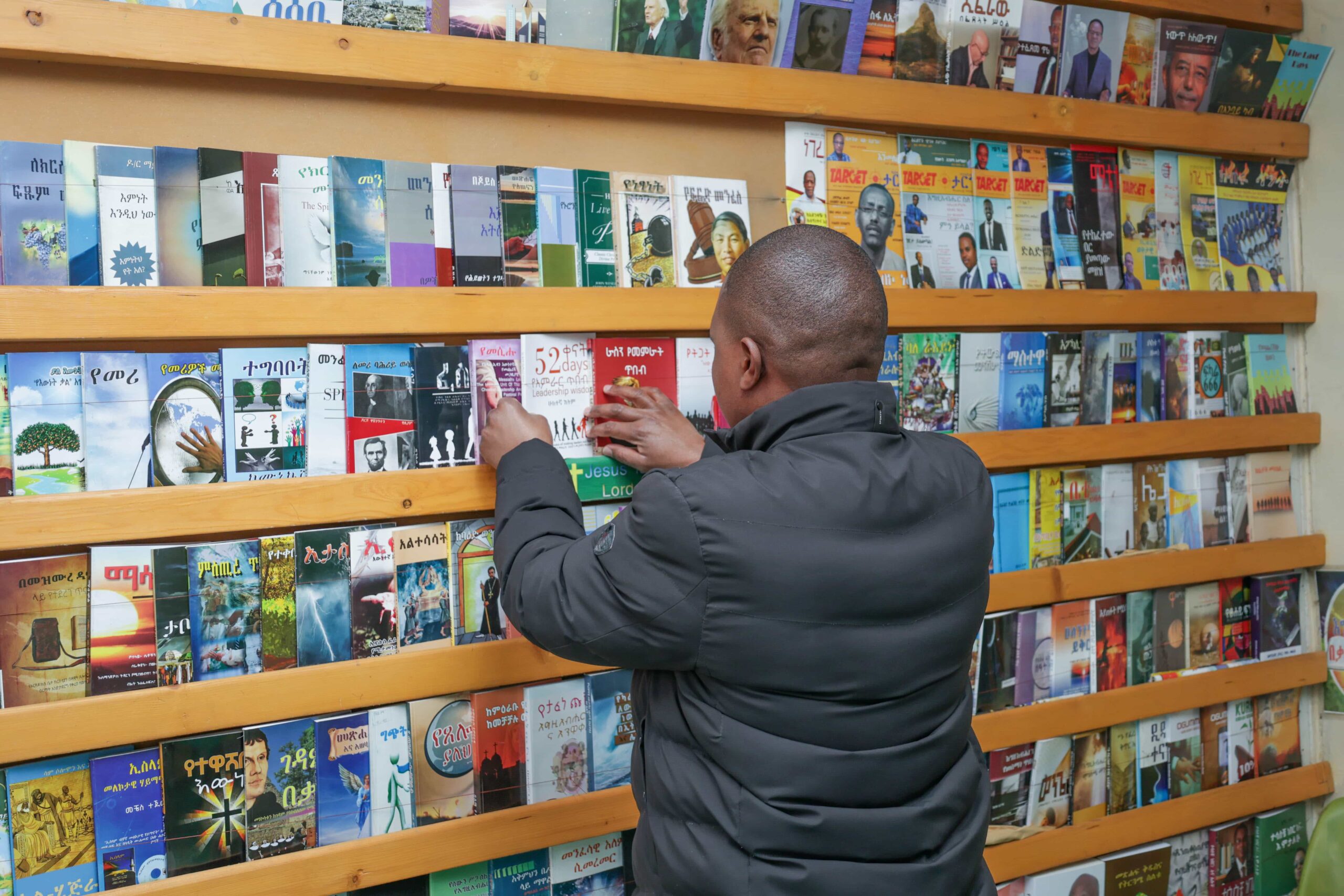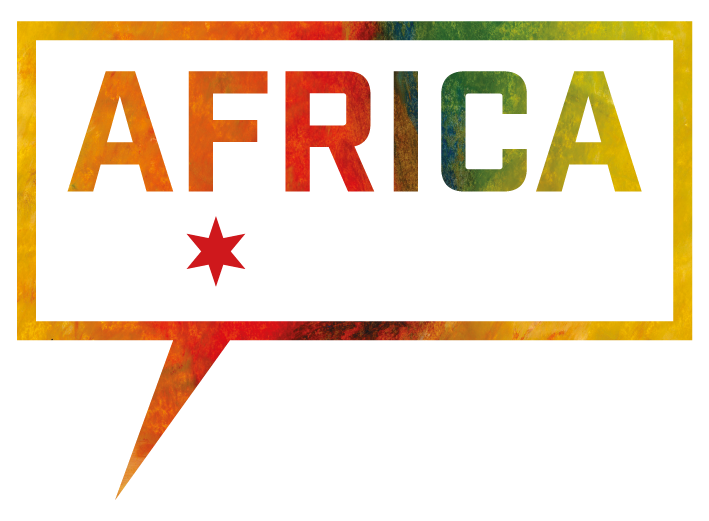The greatest opportunity for Christian publishing in Africa can be summarized in the words untapped resources. Those with a vision to see African publishing flourish recognize that the highest and greatest opportunity is that God might be glorified as people come to faith and maturity through published resources.
Market Demographics
The reading market in Africa is rapidly growing, particularly its youth. Rudolf Kabutz wrote, “In the coming decades leading up to 2050, the African population is expected to double from the present 1.1 billion to around 2.2 billion people. During this phase, the African youth population will be the largest ever in the whole lifetime of humanity.”
Africa will have the largest youth population globally, meaning the future is in Africa! African youth, if reached and discipled today, will become tomorrow’s global mission’s workers. And godly, professionally equipped young people could be the driving force and energy behind an enduring Christian publishing industry in Africa. For the next 35 years, there is an opportunity to reach the greatest ever number of African youth, and Christian publishing will prove indispensable in the spiritual formation and development of the Christian mind. There is great need to rekindle a love for reading among youthful African Christians, to increase access to sound Christian books, and to produce Christian literature that responds to the specific needs of those African youth who lack hope.
African capitals are growing and evolving, as are churches. The Christian population is large, with an increasing literacy rate. Although there are many local languages in Africa, there is broad understanding of key languages, which provide massive markets in English, French, Swahili, and others. Regardless of language or literacy, widespread advances in technology mean great potential to reach people, particularly youth, through digital written and non-written (oral and audio) resources.
There has been real economic growth in most African countries over the last eight years, with GDP growth levels reaching as high as 6 to 7 percent. As Africa’s middle class grows, so do the opportunities for individuals to open stores and promote bookselling and reading. There is a need and an opportunity to connect publishers with people of financial means. Rising standards of living allow more people than ever to afford Christian literature, though widespread poverty remains a vast obstacle.
Distribution and Technology
Digital technology enables better access to books and other materials. E-books are being read on computers, tablets, and cellular phones (though rarely on a dedicated reader like a Kindle). Creative use of these tools can have a positive impact in African publishing.
Publishers might consider how to grow distribution through street vendors or through partnerships with local ministries. Additionally, many African school systems are open to using Christian literature.
Manufacturing opportunities—whether print on demand or traditional commercial press—have barely been touched. Print-on-demand systems have enabled many local authors to get their books in the hands of readers. Previously, these authors could not be accommodated in conventional printing due to the capital investment required. A relatively inexpensive print-on-demand system enables international distribution. Some groups (e.g., Publish4Africa) would like to see a broad print-on-demand network that would serve traditional international publishers, grassroots authors and organizations, and self-publishers.
Publishers must find ways to better utilize social media, a platform that can change paradigms and perspectives. For instance, Facebook communities now mold perspectives on marriage, parenting, family life, and business. Churches broadcast their services and Bible study groups meet via social media platforms, such as WhatsApp, Facebook, and Telegram. For a large number of people these platforms remain a primary source of information.

Market Interest and Needs
The global church is increasingly aware of the need to develop culturally relevant and contextualized Christian literature, since ignorance of culture can produce blindness when addressing needs. The massive growth of Christianity in the southern hemisphere, particularly in Africa, offers an opportunity for Christian publishing to flourish there. The market exists, and the African church is becoming more aware of its role in global Christianity and world missions. They will need resources to help train and equip them in this role.
Some of the best communicators of the gospel are waiting to be discovered and developed in Africa. With proper support and development, local writers can provide quality local content that addresses local realities. So many people in Africa have stories to tell and whose stories need to be heard and read beyond their local areas; theologians have fresh and contextual messages for Africa that need to be heard and read—within Africa and beyond. Talented Christian writers, artists, and leaders can influence African societies for Jesus Christ and for the gospel through their work. And intellectual Africans are returning to African values. Interest in book writing is developing well, and the book-reading culture is improving. A growing number of important African voices are speaking from their context, providing a discourse that is engaging, and responding to African realities. The time is now for publishing in Africa to flourish and grow and to bring their great thinking to the rest of the world. Works such as the Africa Bible Commentary and, more recently, the Africa Study Bible demonstrate the kind of robust creative diversity African contributors have to offer.
Africans, despite their poverty, are reading more and more Christian books. There is a market, interest, and need for Christian literature that will challenge, motivate, and guide them. They will buy and read books that provide solutions, especially to their local challenges. The continent needs more books on African realities, and particularly books written by French-speaking African Christians. Through technology and media, the church in Africa, particularly young people, are aware of Western influence (homosexuality, divorces in evangelical churches, etc.). They will need literature that addresses these topics in the African context.
Evangelism exploded on the continent, but adequate and affordable discipleship resources have lagged behind to a great extent, leaving the soil an inch deep and mile wide. African church leaders need widely available leadership-development and Bible-study materials. African readers need more visually-oriented literature, more visual storytelling, more images and words working together to tell the Story—tracts, picture books, comics, graphic novels—produced by Africans for Africans.
African publishers, ministries, churches, and authors must work together to build the systems and the scale the industry needs to flourish.

